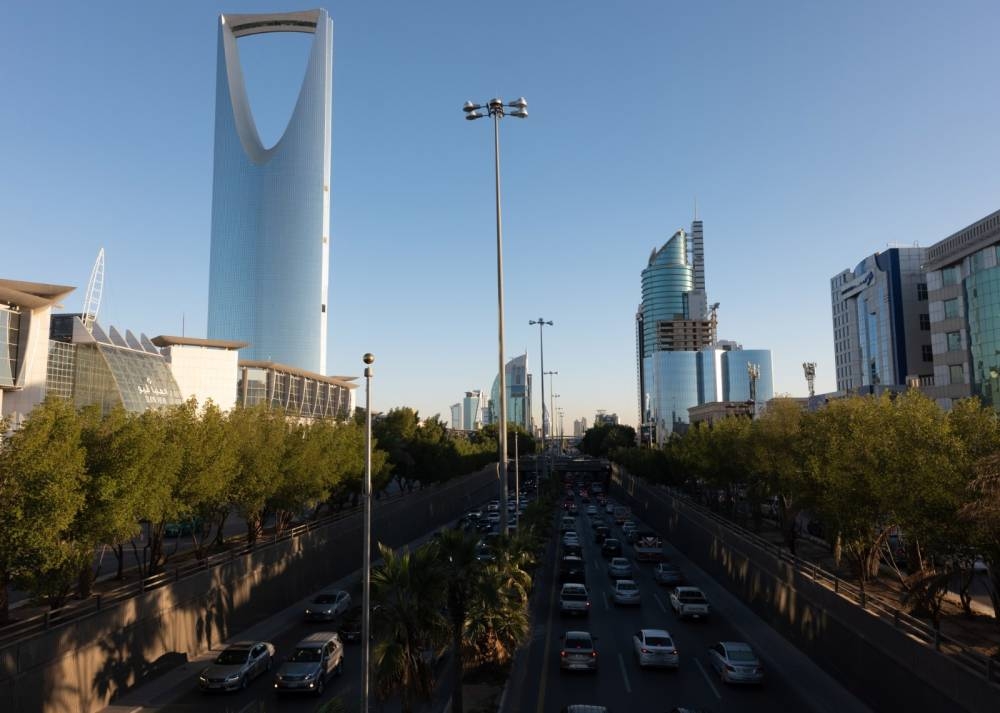
It’s only a matter of time before Saudi Arabia starts attracting more foreign direct investment to support Crown Prince Mohamed bin Salman’s economic diversification drive, according to boutique firm deNovo Partners.
The lack of meaningful FDI so far isn’t “something that will be there forever,” said May Nasrallah, a former Morgan Stanley banker who founded the Dubai-based advisory and serves as its executive chairwoman.
Changes in regulation and clarity on rules around bankruptcy law, for example, are needed to draw in greater sums of international capital, she said in a Bloomberg television interview on the sidelines of the Qatar Economic Forum.
Saudi Arabia’s goal to lure $100bn of overseas money by 2030 seems out of reach for now, with many potential investors still viewing the country as somewhat of a risky bet, Bloomberg has reported. The kingdom wants external capital to help ease the spending burden on mega projects and other initiatives aimed at diversifying away from oil.
Nasrallah’s own advisory shop earlier this year secured a provisional license to operate in Saudi Arabia, joining numerous other boutique and investment banks rushing to the kingdom.
While Saudi Arabia has made a wealth of changes to rules and regulations aimed at making it easier to navigate the investment environment, there’s still an “issue of perception” and “issue of practicality” that may be limiting the inflow of capital, Nasrallah said.
“But they’re certainly heading in the right direction and doing a lot,” she said.
In a sign of the need for more capital, executives from so-called giga projects like Neom and Qiddiya were out in force this week at events in the capital city of Riyadh to pitch themselves to potential partners and investors.
Neom also recently held a show-and-tell for bankers.
Finance Minister Mohamed al-Jadaan has previously said some Vision 2030 projects would be delayed, while others are accelerated as the kingdom considers its funding needs, among other things. Saudi Arabia is also trying to avoid a scenario where the economy overheats, stokes inflation and leads to more imports for things like building materials for projects.
“Jadaan has been very smart in the way he has handled the hiccups facing the Saudi gigaprojects,” Andrew Hammond, Middle East historian at Oxford University, said at QEF. “He doesn’t deny any problems in maintaining funding lines.”
“He turns it around as a positive that allows for reassessing and streamlining them,” he said. “It’s the best answer. In any case, no one ever took seriously the idea that they would all be ready by 2030.”
